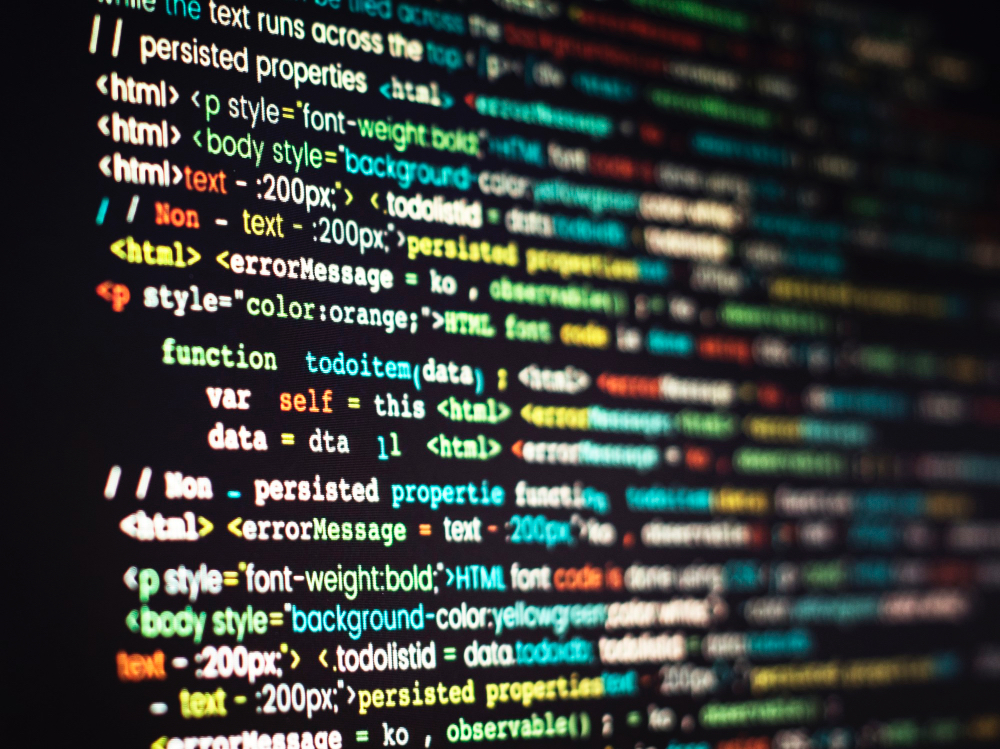Universities are increasingly reorganising around AI, treating AI-based instruction as a proven solution for delivering education more efficiently. This shift reflects a broader belief that AI can reliably replace or reduce human-led teaching, despite growing uncertainty about its actual impact on learning.
Recent research challenges this assumption by re-examining the evidence used to justify AI-driven reforms. A comprehensive re-analysis of AI and learning studies reveals severe publication bias, with positive results published far more frequently than negative or null findings. Once corrected, reported learning gains from AI shrink substantially and may be negligible.
More critically, the research exposes deep inconsistency across studies. Outcomes vary so widely that the evidence cannot predict whether AI will help or harm learning in a given context, and no educational level, discipline, or AI application shows consistent benefits.
By contrast, human-mediated teaching remains a well-established foundation of learning. Decades of research demonstrate that understanding develops through interaction, adaptation, and shared meaning-making, leading the article to conclude that AI in education remains an open question, while human instruction remains the known constant.
Would you like to learn more about AI, tech, and digital diplomacy? If so, ask our Diplo chatbot!










